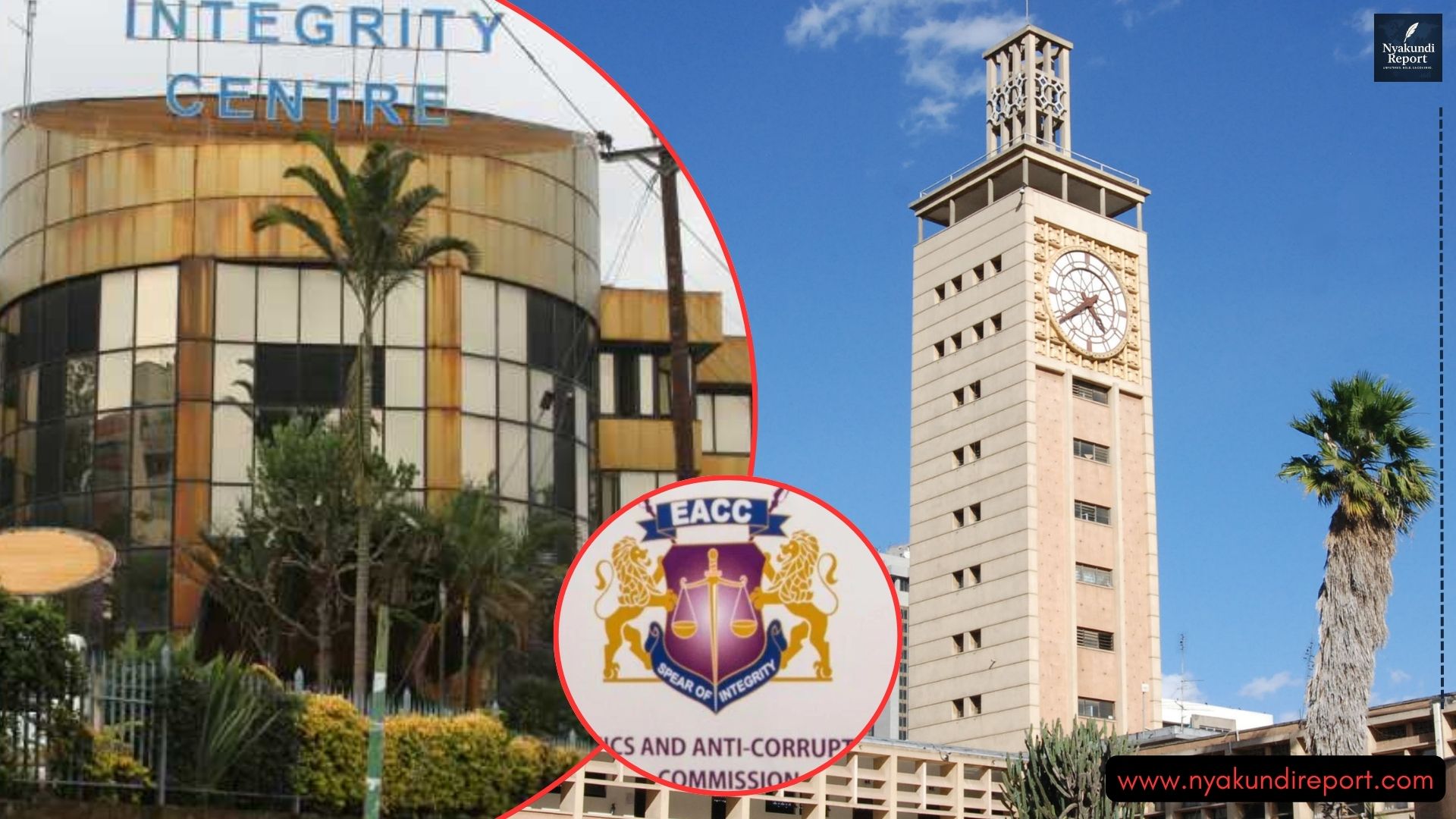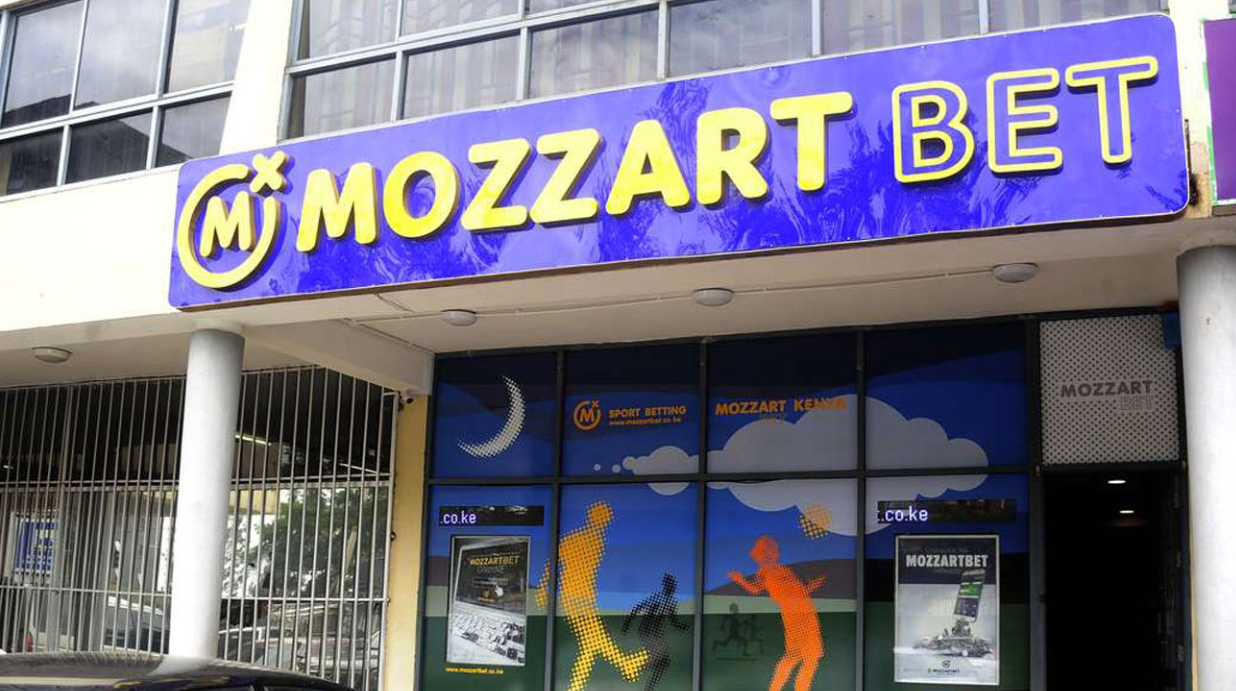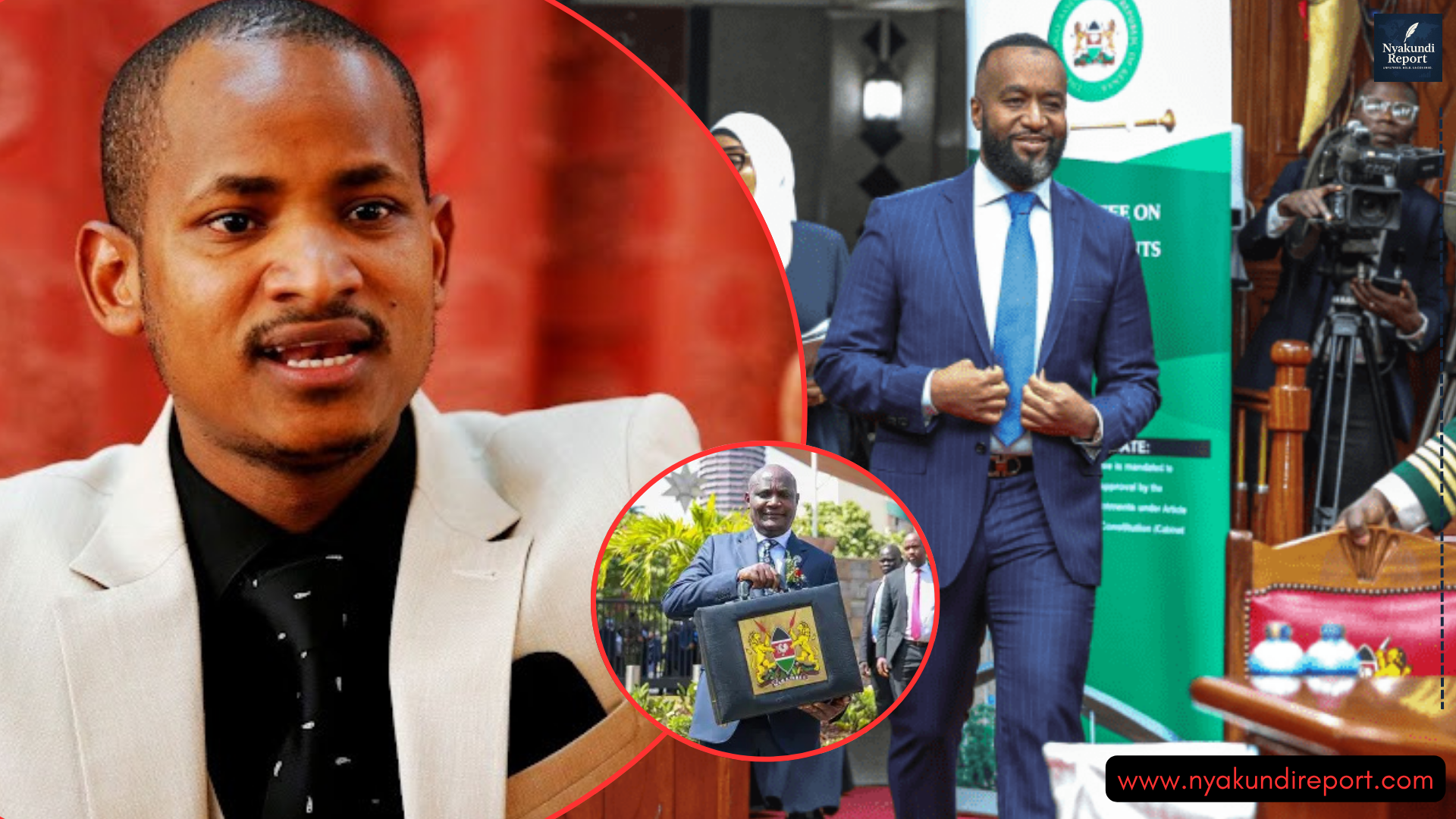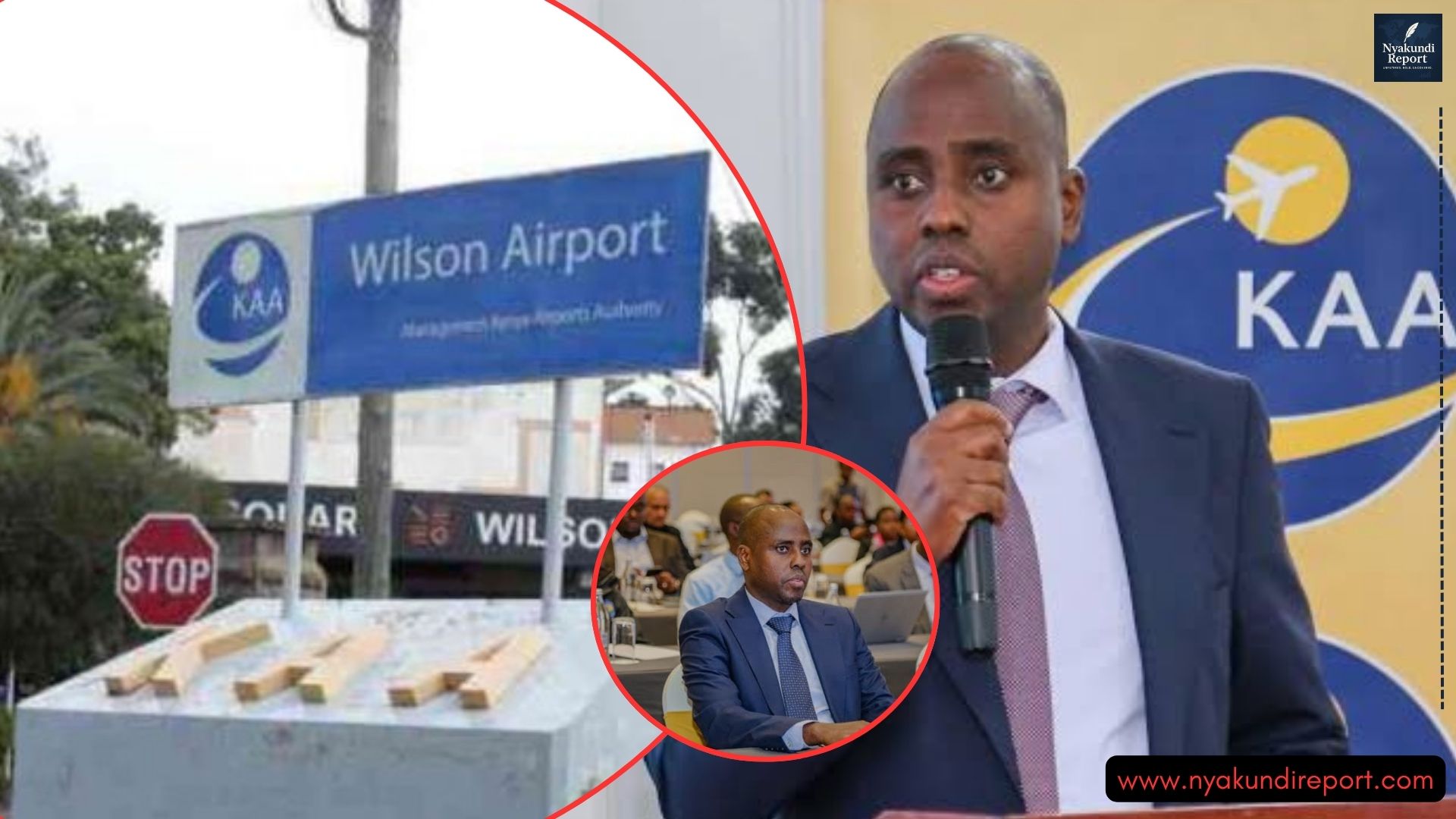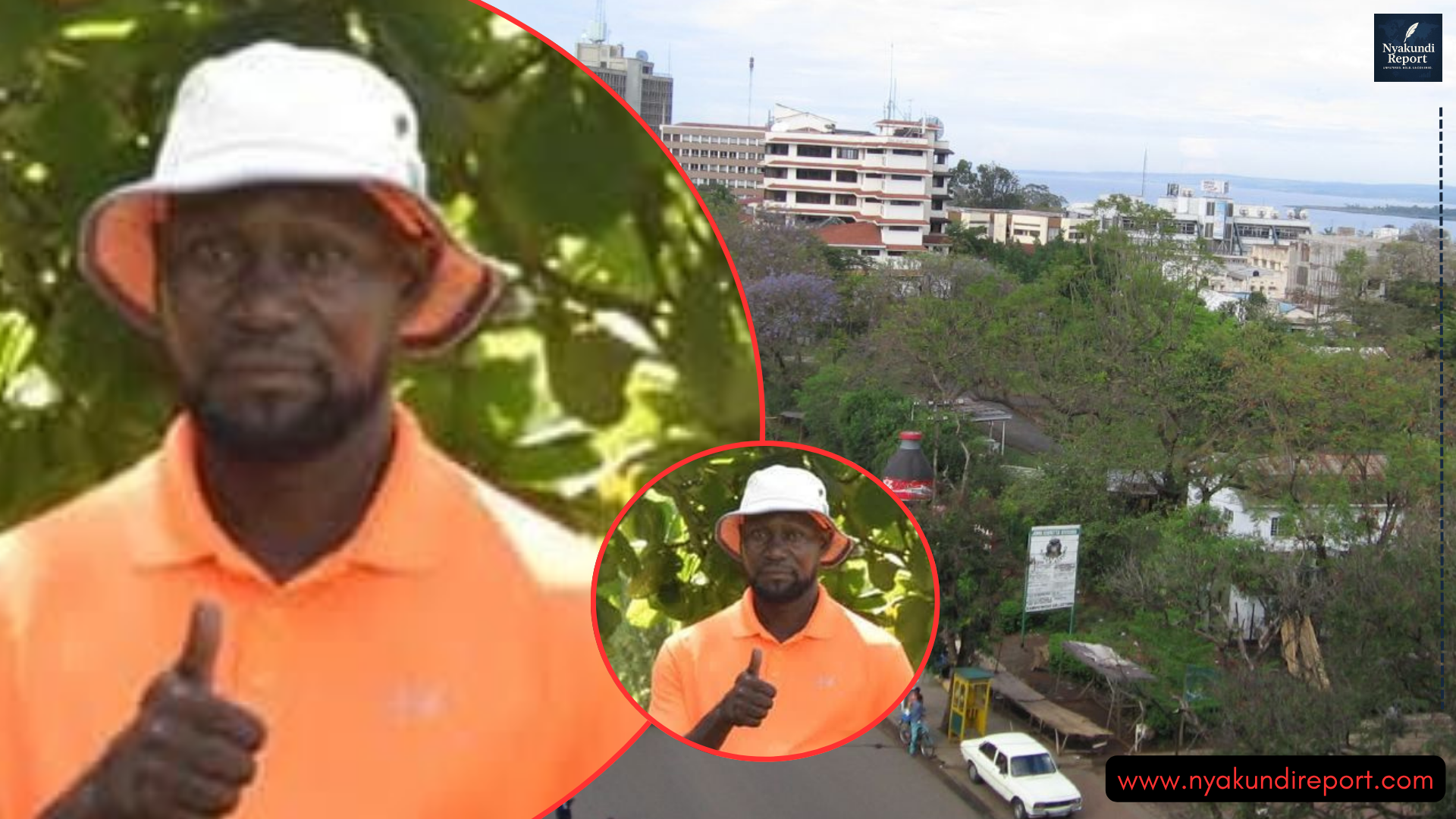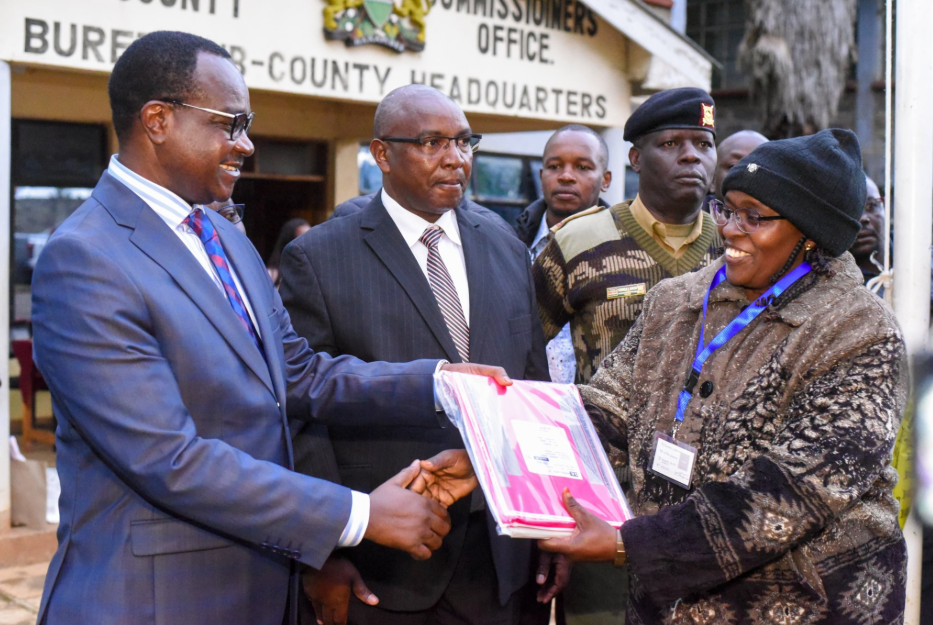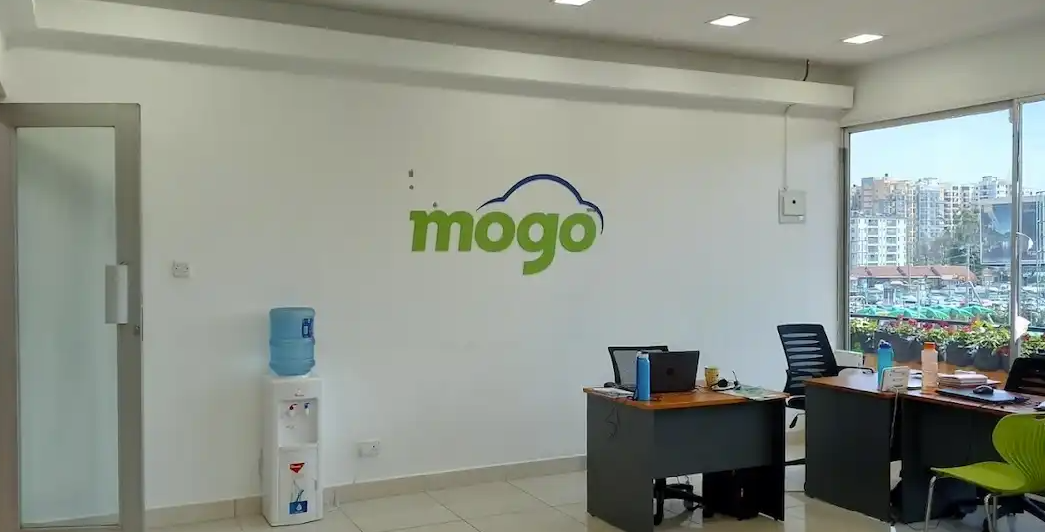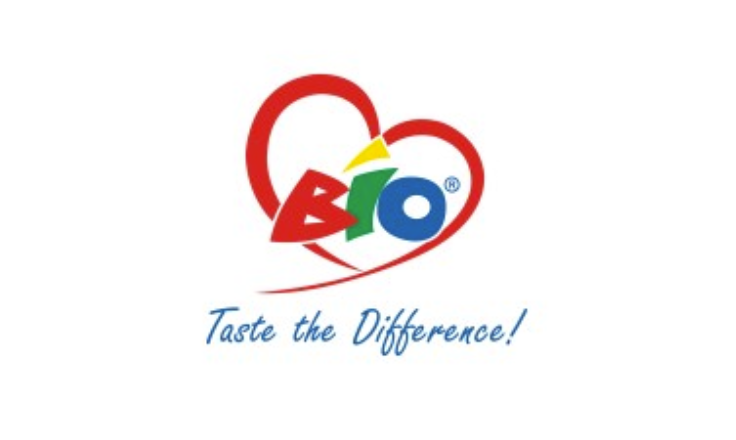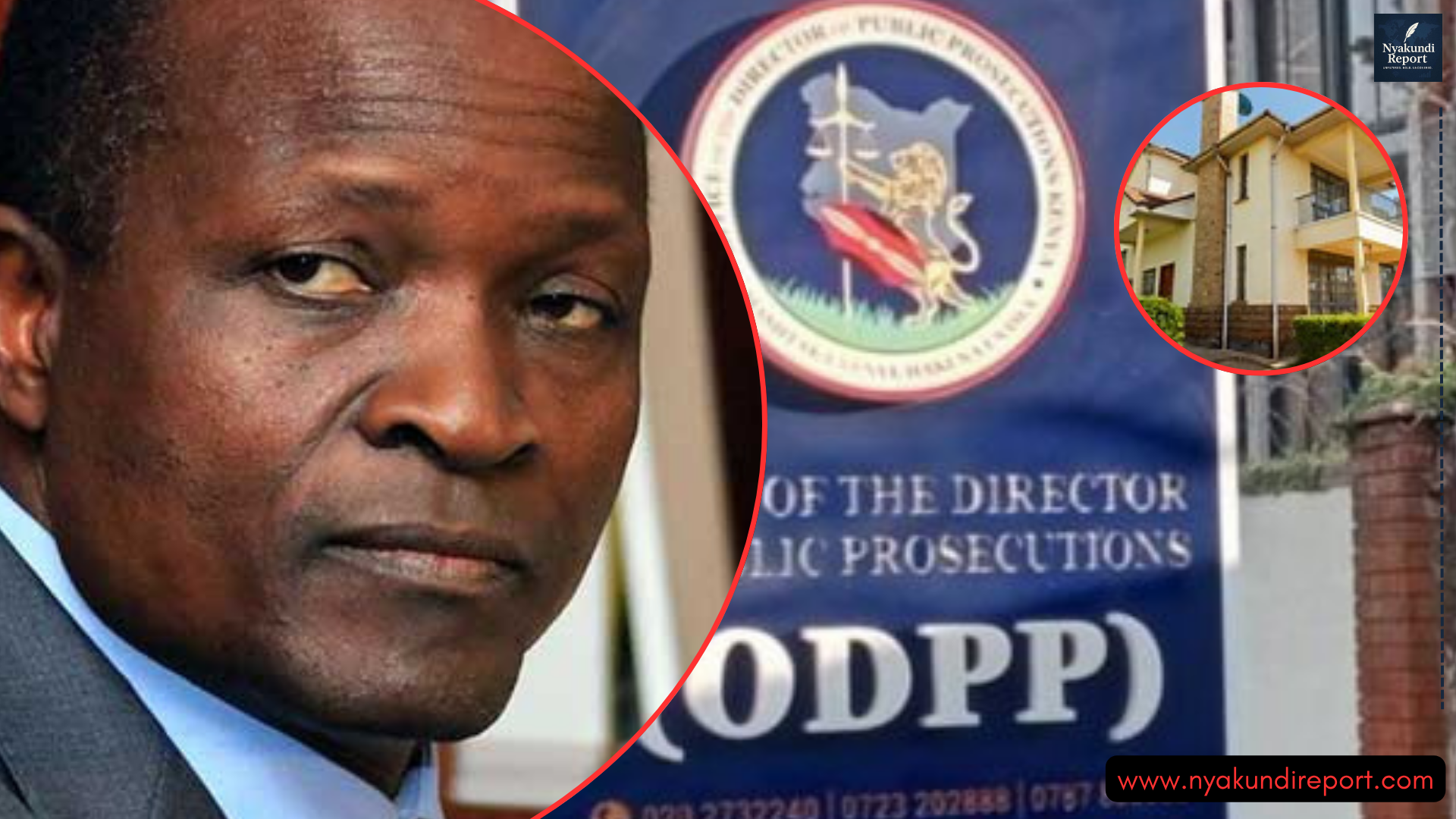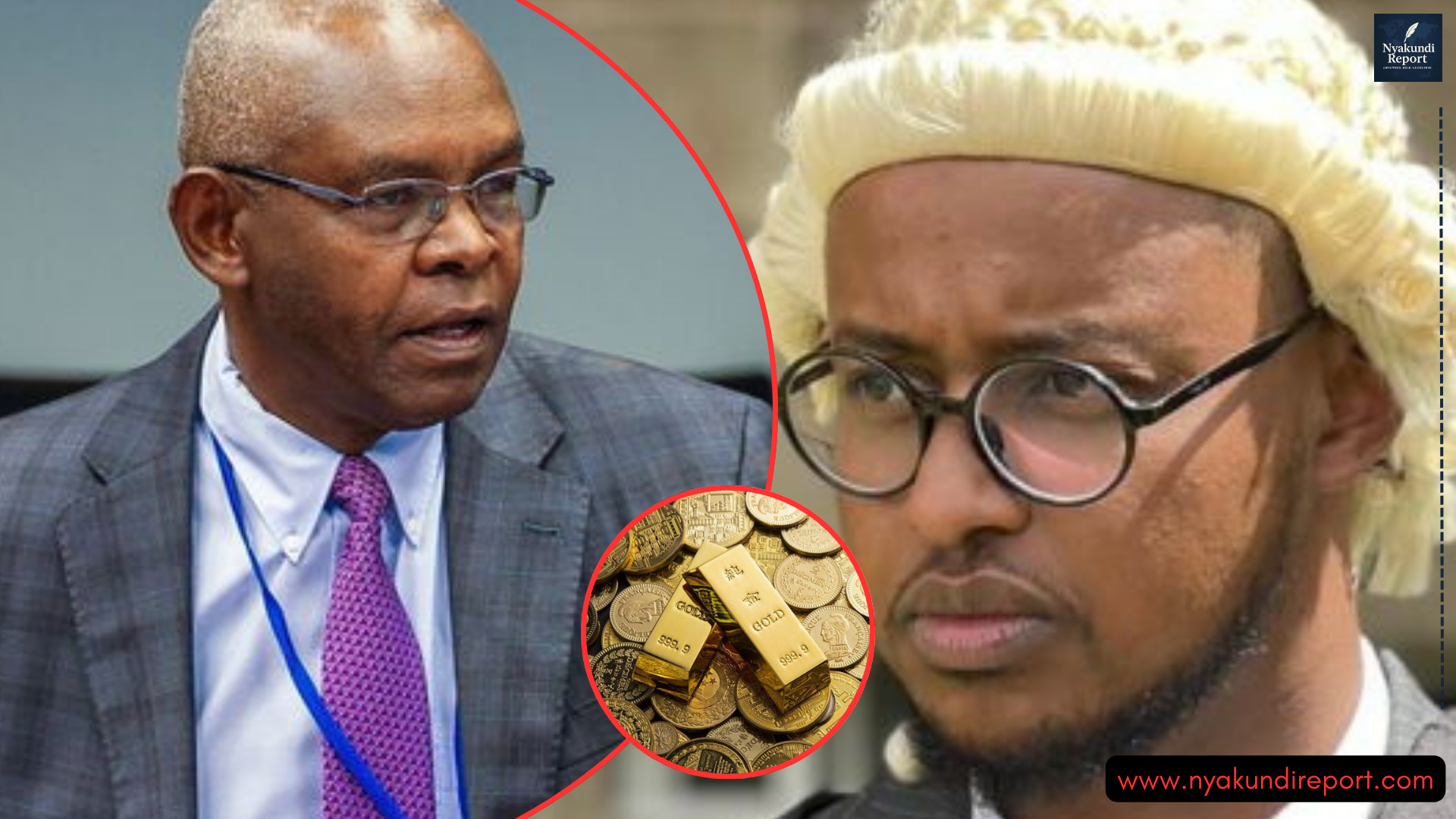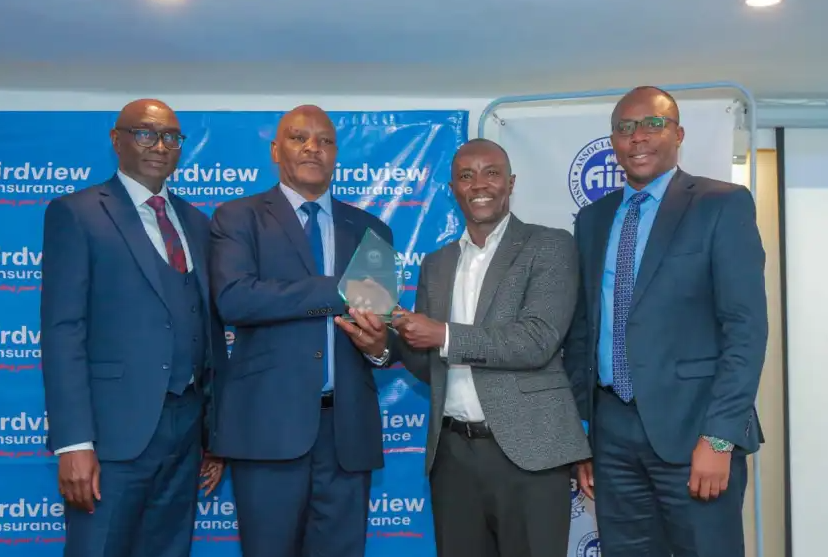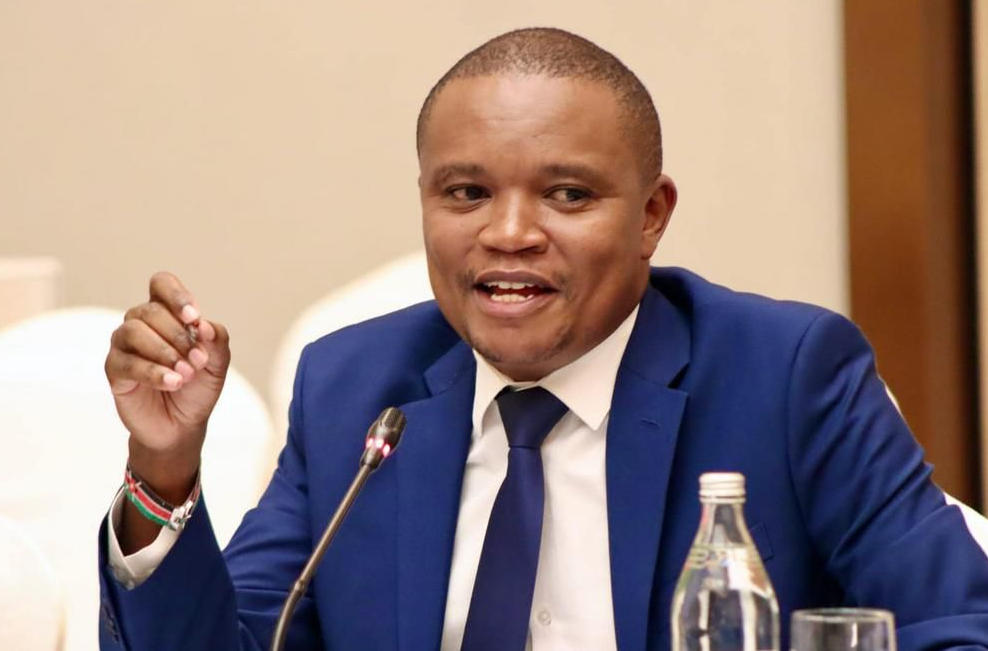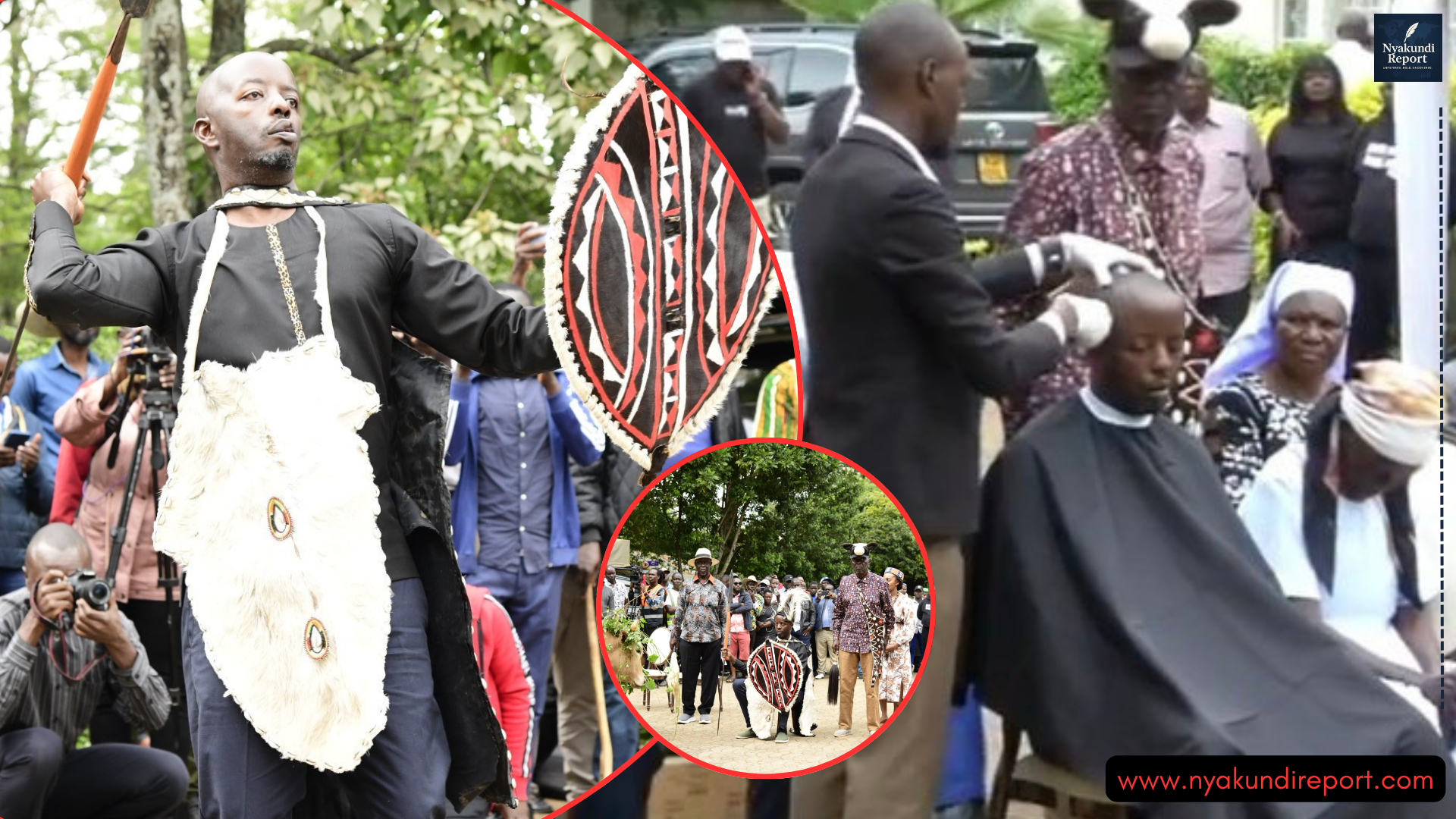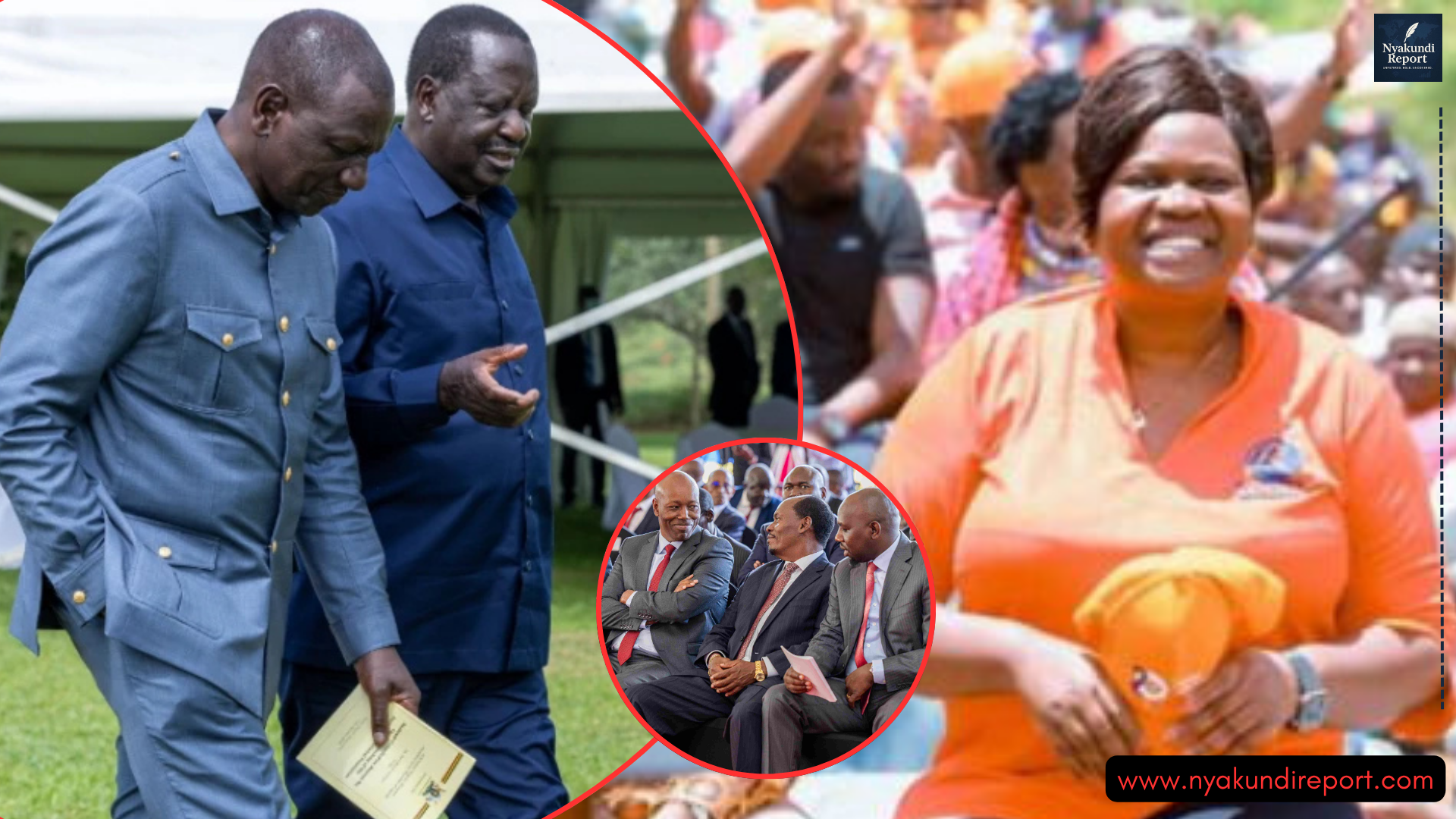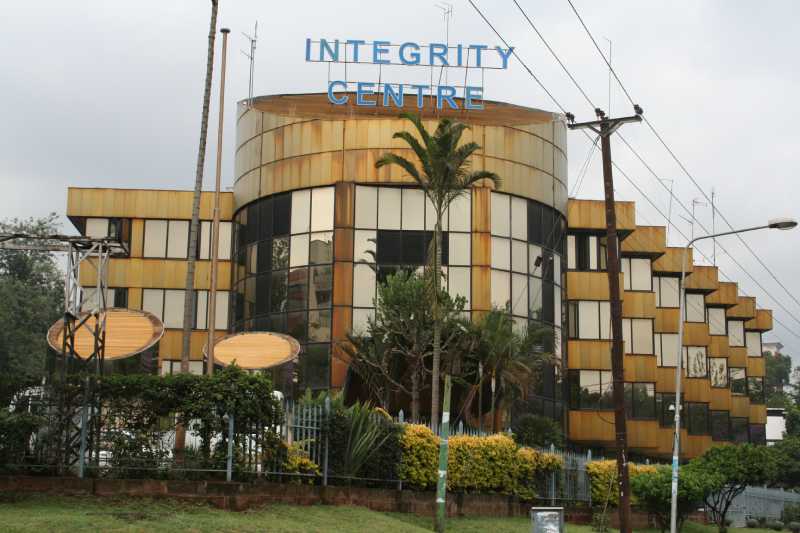A complaint addressed to top government offices has exposed what is described as a deep-seated corruption network within the State Department for Immigration and Citizen Services, allegedly involving senior officials, private agents, and a cartel controlling visa referrals for Somali applicants.
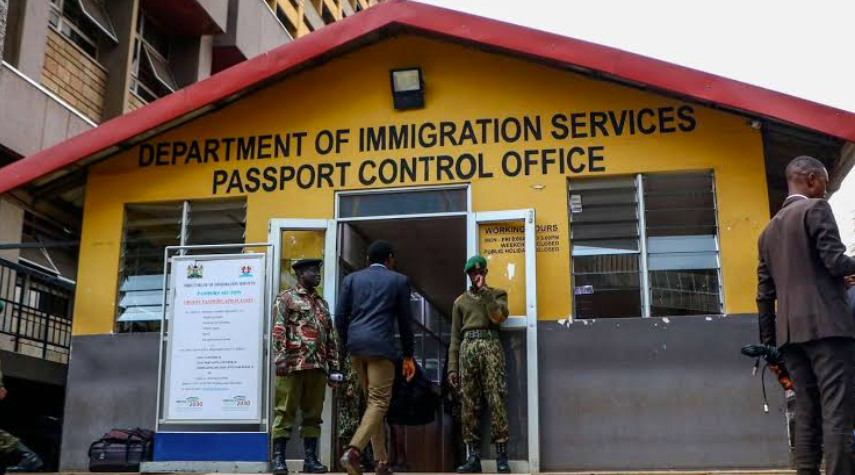
According to the document, the scheme centres on a powerful network led by a private operator, Abdulrahman Pashua Juma, who reportedly runs a visa referral ring from Nyali, Mombasa.
The cartel is said to collect thousands of passport applications from Somali nationals every week and charge between USD 185 (KSh 23,897) and USD 195 (KSh 25,175) per visa—far higher than the official government fee of USD 34 (KSh 4,391).
Investigators estimate that more than 1,200 applications are processed weekly through this channel, generating an estimated USD 234,000 (KSh 30.2 million) in illegal collections.
The network allegedly operates with the protection of senior Immigration Department officers, effectively turning a public service into a private venture.
The complaint names Evelyne Cheluget, the Director General of Immigration, as the senior-most official accused of protecting the cartel.
It is alleged that she has taken direct control of the Visa Section and restricted access to only a small group of loyal officers.
Among those reportedly sidelined are officers David Kinyua, Kevo, and Oyancha, who previously held approval rights but were removed from the visa processing system after refusing to cooperate.
Other experienced officers, including Wafula, Njenga, Wanguthi, Meshack, and Joan, are said to have been excluded from the department’s PISCES system and reassigned to non-operational duties.
The complaint further identifies John Ndegwa, the officer in charge of visa operations, Richard Chesang, the acting deputy, and Shem Ateka, a National Intelligence Service (NIS) liaison officer, as key figures whose roles or silence have allegedly allowed the cartel to thrive.
Evidence submitted to authorities reportedly includes digital logs showing that numerous visa applications originated from identical IP addresses and email accounts, an indication that submissions are being centrally managed rather than filed by individual applicants.
Passports and photos are said to be collected via WhatsApp and uploaded without the applicants’ knowledge or consent, a violation of the Computer Misuse and Cybercrimes Act, 2018.
The whistle-blowers, identified as members of the Somali community and licensed travel agents, accuse the cartel of exploiting ethnic prejudice to intimidate applicants who question the inflated fees or delays.
Those who refuse to comply allegedly risk having their applications rejected or being reported to security agencies.
The group’s petition, dated 25 October 2025, calls for an urgent, joint investigation by the Directorate of Criminal Investigations (DCI), the Ethics and Anti-Corruption Commission (EACC), and the National Intelligence Service (NIS).
It also requests the immediate suspension of officers mentioned in the complaint and a forensic audit of all visa transactions processed between June and October 2025 from both Nyayo House in Nairobi and the Nyali office in Mombasa.
The petitioners say they are prepared to submit WhatsApp and Telegram screenshots, M-Pesa and bank payment records, duplicate visa logs, and witness testimonies from affected applicants and Immigration staff. They also seek government assurances that whistle-blowers and victims will be protected during the investigation.
The allegations point to what could be one of the most serious corruption scandals to hit Kenya’s immigration services in recent years—one that, if proven true, exposes the manipulation of a national security-linked process for private profit.
At the heart of the complaint lies the accusation that Kenya’s visa referral system has been hijacked by a small clique, turning a lawful public function into a lucrative underground operation.
The whistle-blowers argue that urgent government action is required to restore fairness, accountability, and integrity to the country’s immigration services.
Below is a formal complaint letter detailing allegations of corruption, forgery, and abuse of office within the Department of Immigration.

